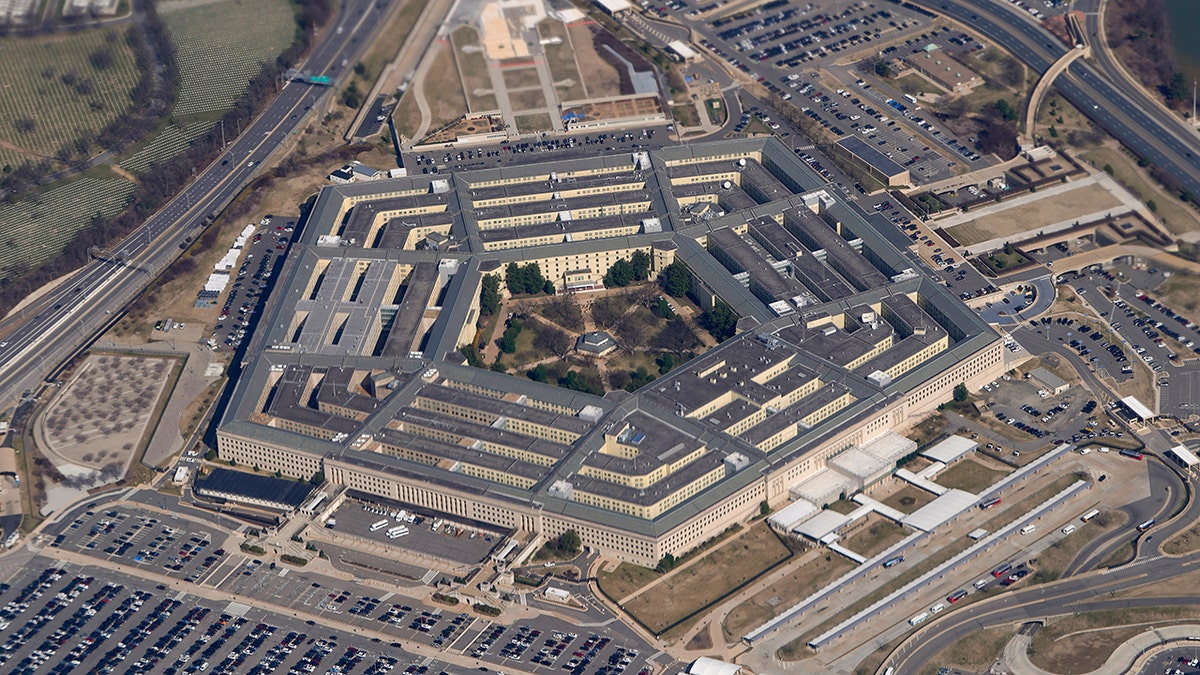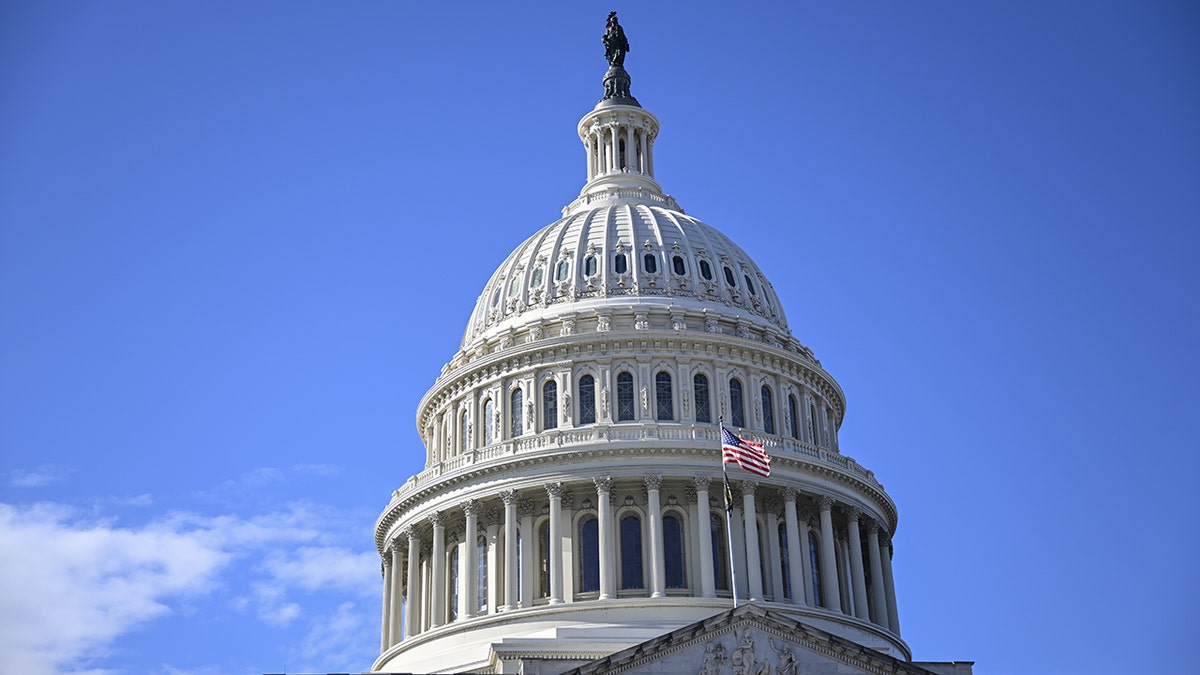Amidst a rising national debt, the House recently passed the annual National Defense Authorization Act (NDAA), allocating $895.2 billion to defense and national security. This substantial investment adds to the already significant $36 trillion national debt, raising concerns about the nation's financial future.
The NDAA passed with bipartisan support, but not without some contention. While 16 Republicans voted against it, a larger portion of Democrats, 124, opposed the bill, primarily due to a provision restricting transgender medical treatments for children of military personnel. The bill also includes a significant pay raise for military personnel, aiming to enhance quality of life for service members.
The escalating national debt is a pressing issue, with projections from the Congressional Budget Office forecasting it to reach $54 trillion within the next decade. This growth is attributed to an aging population, increasing healthcare costs, and higher interest rates.

The Pentagon as seen from Air Force One.

The United States Capitol building.

President Biden with members of the 82nd Airborne Division.

Transgender rights supporters rally.
President Biden's administration has overseen significant spending, including COVID-19 relief and infrastructure investments. While the President has highlighted a reduction in the deficit, this refers to a decrease between fiscal years 2020 and 2022, largely due to the expiration of pandemic-related spending measures.
Beyond domestic spending, the NDAA also addresses international concerns, allocating $15.6 billion to strengthen military presence in the Indo-Pacific region, a move seen as a response to the growing influence of China. This amount surpasses the Biden administration's initial request of $10 billion.








